
See You Later!
Some people breathe a sigh of relief after the High Holidays are over and then say, "See You Later, Hashem" until Pesach; that's not the Breslev way...

I was reading Rabbanit Yemima Mizrachi's parsha sheet for women before Yom Kippur, where she was writing about how the time of the Neila prayer, in the late afternoon before the fast ends, is the most holy and exalted time of the year. She wrote that Hashem was right there, waiting for us to ask Him anything. Then, she said that shofar is blown, and it's 'bye bye' Hashem until the following Elul.
Hmmm.
It wasn't 'bye bye' for me. I had my fixed date with Him for the following morning, when I was going to dump all my angst on Him about raising my children properly, struggling to feel happy, and being a good wife.
That's when it struck me: the relationship a person has with G-d when they speak to Him every day is completely unlike the two or three  times a year relationship people have when they don't.
times a year relationship people have when they don't.
Then, I had more insights. There are many people in the world who find it quite hard to be around their parents for any length of time. They can manage it for a week – 10 days MAX – but already by the end, they are waiting for the parents to leave, so they can just 'get back to normal'.
Before the parents showed up, there was a lot of hectic activity; houses were cleaned; new clothes were bought; children (and spouses…) were warned to be on the best behaviour; appearances were kept up; meals were made and outings were planned meticulously, to 'keep everyone busy' and out of trouble.
Ok, if you're lucky they showed up with a new wardrobe for everyone and $1000 to help you out with the holiday expenses… But was it fun? Was it enjoyable? Were you sad when they left?
That unhealthy parenting paradigm mirrors most people's relationship with G-d. It's all about obligation. It's all about duty. There's very little love, desire, or enjoyment. It's a relief when G-d 'goes back' to wherever He goes back to, and you can breathe a sigh of relief until the following Pesach.
That's not the Breslev way.
The Breslev way is patterned on a much healthier relationship with the Al-mighty, where you actually talk to Him. You trust Him. You tell Him all the stuff that's going on in your life, good and bad, and you don't hide anything. If the kids are misbehaving, you ask His advice about what to do (bribe them!). If you're feeling down, or lonely, you ask for a hug (and you get one…) If you're stuck, or perplexed, or confused, you ask Him to show you what to do next, and He tells you (don't talk to people who make you feel bad about yourself. Period.)
It's great. It's such a pleasure. People who have a healthy relationship with G-d know that He's patient; that He's forgiving; that He's understanding. That He's not arbitrary, or cruel, or harsh, or angry, even. Sometimes disappointed. Sometimes very firm, so that you learn an important lesson. Sometimes at a distance, to enable and encourage you to grow towards Him. But always loving.
Then, I got another insight about healthy relationships: how most people treat their kids, is how they treat themselves, their true selves, their inner selves, or 'soul'. If they are rough and angry and impatient with their kids – they are with themselves, too. If they can't tolerate mistakes or imperfections in their kids – they can't tolerate it in themselves, either.
If they never really speak to their kids, or perhaps even more importantly, give their kids the time and space and opportunity to really speak to them, and spend their whole lives trying to hide that lack of connection behind 'fun' and 'entertainment' and 'activities' – then they never really speak to themselves, either. They have no idea who they really are, on the inside, or how amazing they are. They have no idea that the 'real' them hates being an accountant; or really wants to move to Israel; or really dislikes visiting Auntie Joyce on a Sunday morning – because they've never really had a proper conversation with themselves, where they were prepared to hear out whatever their soul wanted to tell them, without defensiveness, anger or excuses.
Apart from Breslev Israel, I have one other site that I'm obsessively reading at the moment. It's called 'Lights House', and it talks a lot about healthy and unhealthy relationships.
That site has given me so much help, encouragement and food for thought, and I highly recommend it to everyone, even if they have the healthiest, most wonderful relationships in the world.
One of the things I was reading recently was a 'healthy relationships' quiz. There are 18 questions in all, and once I'd gone through, it really made me stop and think about a lot of my assumptions about what counts as a 'healthy' relationship, particularly in terms of my kids and my friendships.
If someone responds to my ideas and insights with silence, or by changing the subject, or by attacking me personally (or I feel I have to respond that way to them…) – that's not healthy. If I don't feel loved and liked by the person I'm talking with – and I frequently feel the opposite – that's not healthy. If I'm always treading on eggshells, and I can't say what I really feel about things – and neither can they – that's not healthy.
If I'm not allowed to sometimes make a mistake, or to be flawed, without it being brought up time and again and thrown in my face and crowed about – that's not healthy (by the way, this is a classic parenting mistake that loads of people who haven't read Rav Arush's book make time and time again, in the name of 'chinuch'.)
Gulp. When I first read through the questions, I realized that I still had so much work to do, particularly with my kids. I'm still not so good at giving them the space to fail, or be cross, or be unhelpful, without taking it all personally.
But it's improving.
The more I'm talking to G-d, the more I'm really listening to myself, or my neshama, the healthier my relationships are getting with my husband and my kids. It's all one big reflection, one big mirror.
If there's a problem in one area, there's almost certainly a problem in others. People who find it hard to talk to G-d probably find it very hard to be themselves around their own parents. People who talk to their kids harshly (or not at all) probably find the idea of cracking open their own emotional life, needs and wants incredibly disturbing.
It's all connected.
And there is one solution that works across the board, for all these unhealthy relationship issues: talk to G-d. Make a start. Even five minutes a day. And He'll take it from there.
* * *
Check out Rivka Levy's new book The Happy Workshop based on the teachings of Rabbi Shalom Arush


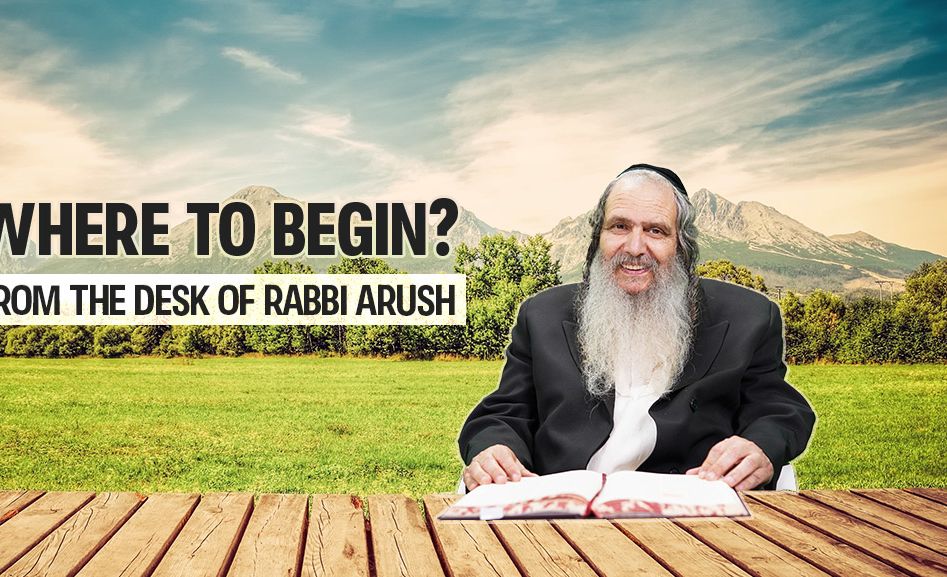
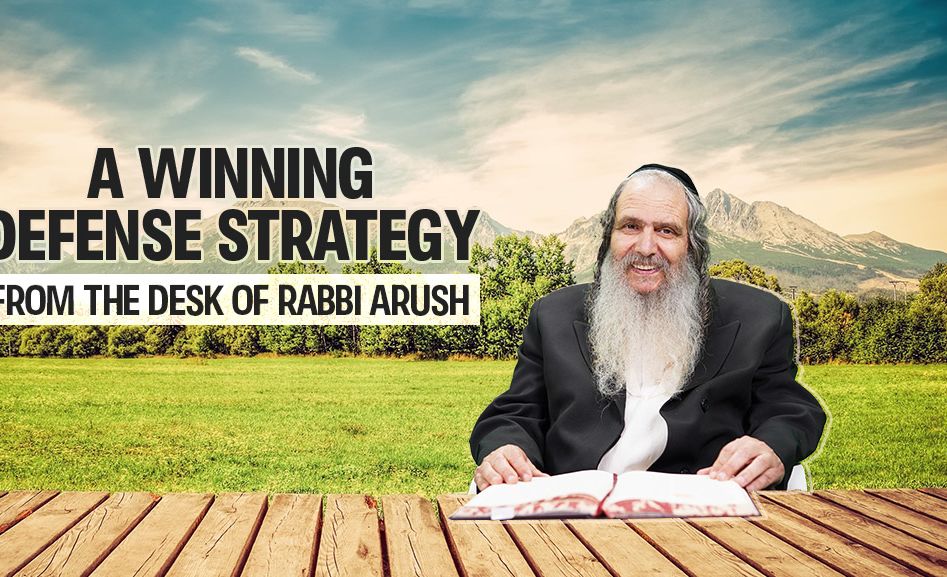
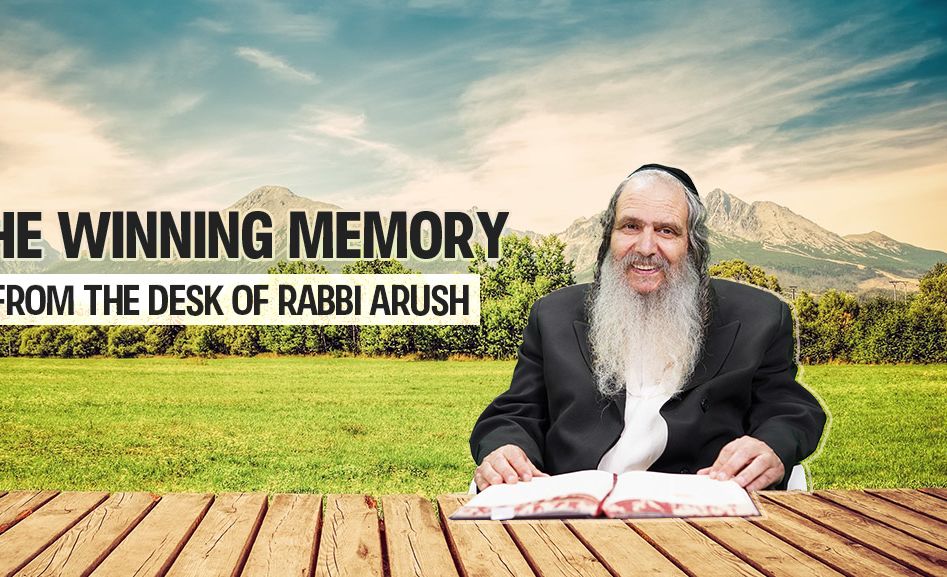
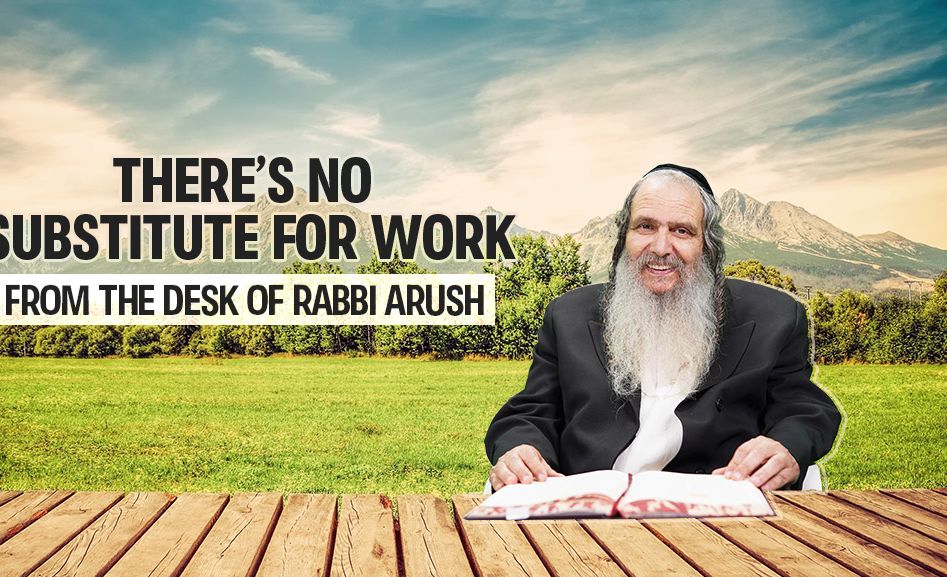



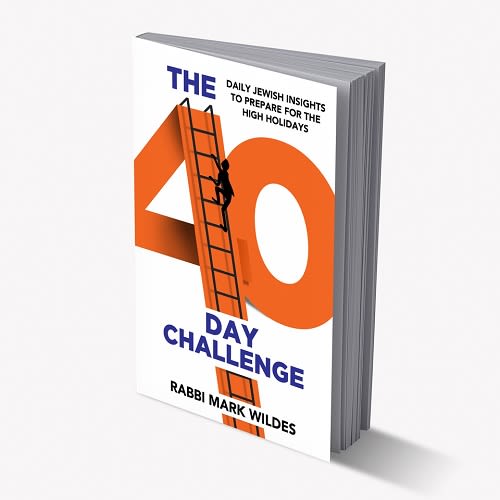
Tell us what you think!
Thank you for your comment!
It will be published after approval by the Editor.